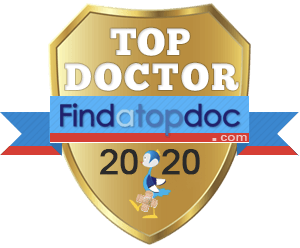Staying Healthy Advice on COVID-19
SHARE
The Rhode Island Association of Naturopathic Physicians has compiled information from the Centers for Disease Control, Governor Raimondo’s office and the Rhode Island Department of Health regarding the COVID-19 virus, as well as some general information on ways to support the immune system. Self-care and community support are the best tools to get through this as smoothly and safely as possible. The major focus right now is on doing all that we can to help slow the spread of the virus.
Hygiene and Social Distancing
1. Prioritize washing your hands often with warm water and soap for 20 seconds. If that’s not available, use hand sanitizer with at least 60 percent alcohol. Always wash your hands before eating.
2. Do not touch your face, eyes, mouth without washing your hands first.
3. When sneezing or coughing, use a tissue (and throw out immediately) or your elbow, and wash your hands immediately after.
4. Clean frequently touched surfaces in your home and in your car daily. On public transportation, limit what you touch and wear gloves.
5. Do not shake hands or hug. Greet with your eyes and heart.
6. Keep six feet of distance between you and another person. Keep in mind that you can have the COVID-19 virus, not have any symptoms, and still be contagious and spread it to others.
7. If you do not feel well or if you have any cold or flu symptoms (runny nose, sore throat, cough, fever), stay home and away from others, and call your primary care provider.
8. If you are showing symptoms of a respiratory illness (cough, shortness of breath, difficulty breathing) or have been exposed to the virus, stay home and away from others, and call your primary care provider or call the RI Department of Health’s screening line at 401-222-8022.
9. Even if you are not in the high-risk category, it is important to limit your activities and keep six feet of distance between you and others. Limit outings to essential needs such as grocery shopping and picking up medications.
10. If you are elderly, have a compromised immune system, have diabetes, heart disease or lung disease, it is extra important to stay home and limit your direct interactions with others right now.
Families, friends and community members, please offer support to these high-risk individuals; pick up groceries, medications and meals for these individuals and call them to see how they are doing. Also, please consider donating money or supplies to local organizations helping people with limited means get food, medications and other necessary support. We are in this together.
Immune System Support
There is no research on any natural medicines preventing or treating the COVID-19 virus. The following recommendations on ways to support the immune system are for informational purposes only. Check with your primary care provider or naturopathic doctor on what options are right for you.
Hydration: Water has numerous health benefits including keeping our blood and lymph flowing, helping our immune cells get to where they need to be.
Eat foods high in vitamins, minerals and nutrients that support immune function:
- Brightly colored vegetables: carrots, peppers, green beans, broccoli, cabbage, etc.
- Dark green leafy vegetables: spinach, kale, Romaine lettuce, collard greens
- Fruit: Berries, grapes, kiwis, oranges, grapefruits, apples, papayas, black currants
- Lean protein and healthy fats serve many important functions including stabilizing blood sugar levels during times of stress.
- Healthy bacteria in sauerkraut, kimchi, yogurt and kombucha support the gut microbiome
- Avoid sugar, alcohol and refined and overly processed foods to not suppress or put unnecessary strain on immune system function.
Exercise: It supports the immune system. Fresh air and nature time are great. Be mindful to keep six feet of distance between you and others. At home, check out the free online classes with trainers. It is best not to go to the gym right now.
Sleep: Adequate sleep is essential for a well-functioning immune system. Aim for seven to eight hours per night.
Relaxation, Fun and Stress Reduction: Doing activities that are comforting and calming helps keep our stress (cortisol) levels down, which is helpful for the immune system.
- Relaxing activities: art, prayer, meditation, yoga, deep breathing exercises, leisure reading
- Fun: family or virtual dance parties, board/card games, story-telling, laughter
- Staying connected: Reach out to people to connect and check in. Have one-on-one and group phone calls, video conversations (Ex. virtual dinners together). We are in this together.
- Heart connecting: This can be done through prayer, through song, through meditation
- Grounding exercises: One practice is to plant your feet on the ground and picture roots coming out of your feet deep into the earth. Place a hand over your heart, feel your heart beating, and picture it emanating light and love throughout your body, to your family and friends, to your community and to the world.
- Limit reading/watching the news to one to two times per day. This includes reading on social media.
Use a Humidifier: If you have a humidifier, keep it running in your home. Higher air humidity reduces virus survival for other viruses and may decrease transmission of the COVID-19 virus.
No Smoking: Because viral-like respiratory symptoms are worse in smokers, stopping or reducing smoking can allow the immune system to fight a lung infection more efficiently.
Nutrients that Support the Immune System: Vitamin C, Zinc, Selenium and Vitamin D
Food is medicine. Eating foods that contain these nutrients is a way to support the immune system. Foods high in vitamin C include bell peppers, broccoli, cabbage, Brussel sprouts, kale, spinach, oranges, lemons, grapefruit, blackcurrants, apples, lychees, kiwis, strawberries, papayas, parsley, thyme and rosehips. Nuts and seeds are a great source of zinc and selenium, especially pumpkin seeds for zinc and Brazil nuts for selenium. Nutritional supplements are another option.
Botanical Medicines that Support the Immune System
Again, there is no research on the effectiveness of these herbs for preventing the COVID-19 virus. Research has shown American ginseng, elderberry, echinacea, garlic and licorice root (licorice root is contraindicated for anyone with high or elevated blood pressure) to have antiviral properties. Consult your primary care doctor or naturopathic doctor before taking any herbal medicine.
For nutritional and herbal supplements, quality is important to insure you are consuming the most effective and pure ingredients. Buying supplements from companies that do third party, quality assurance testing is the best way to insure this. You can ask your naturopathic doctor as well. Be cautious of any companies or individuals that offer natural medicine prevention, treatment or cure for the COVID-19 virus. There is no research that has been done on the efficacy of any natural medicines to prevent or treat this specific virus.
As a reminder, all the recommendations included here are for informational purposes only. Always check with your primary care doctor or naturopathic doctor to make sure any nutrients and herbs you are interested in taking are appropriate and correctly dosed for you.
Other Helpful Posts








